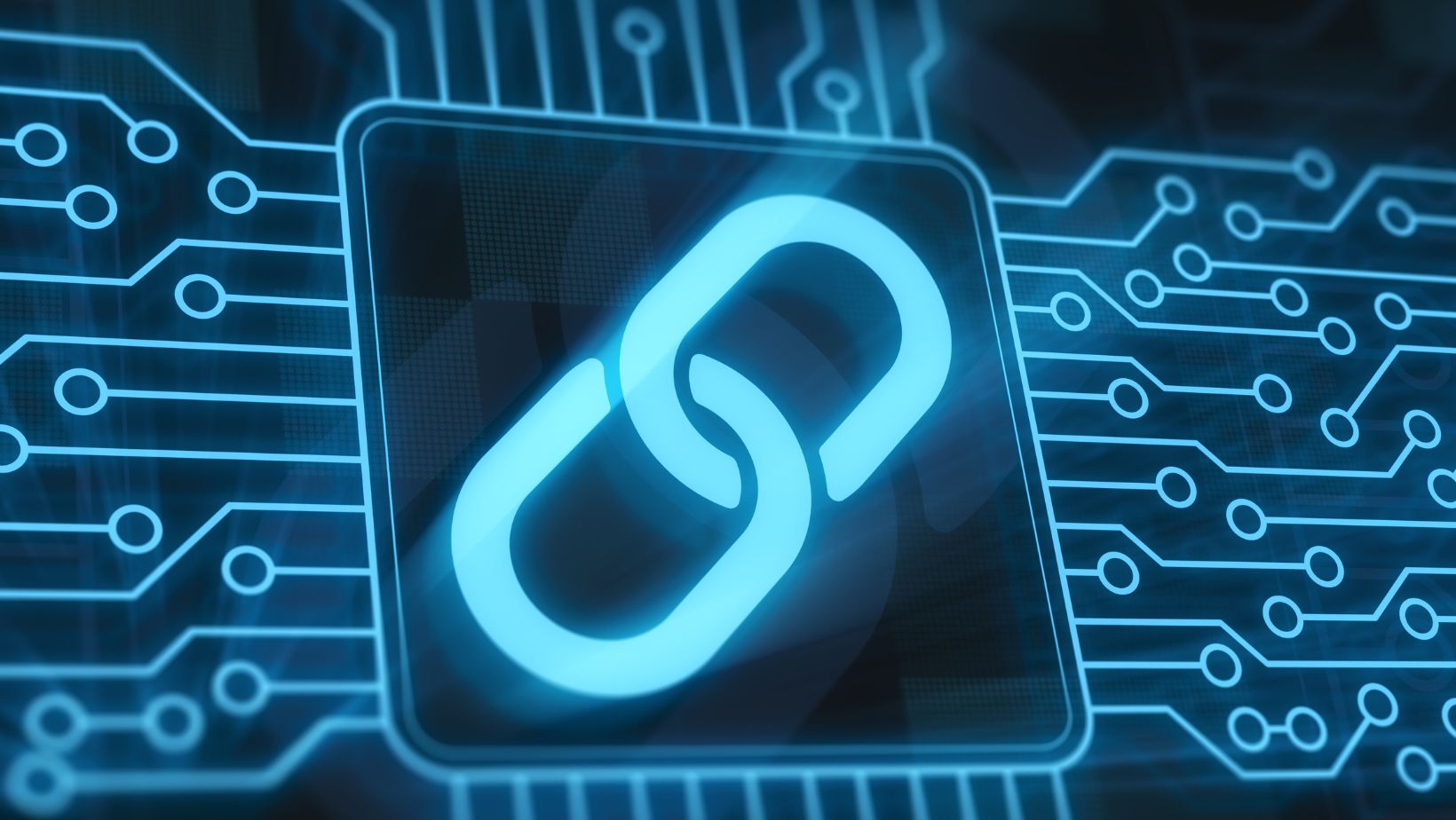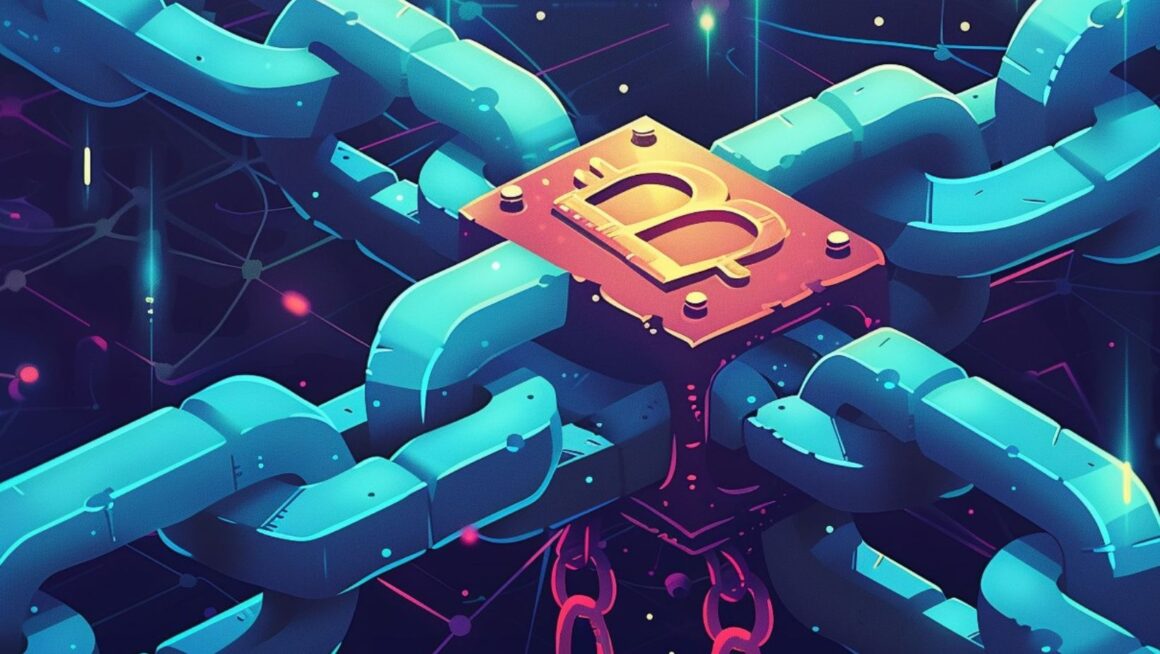As blockchain technology continues to revolutionize industries, its rapid adoption has introduced both opportunities and risks. Decentralized applications (dApps), smart contracts, and protocols like DeFi are opening new frontiers in finance, supply chains, gaming, and beyond. But with innovation comes vulnerability, making blockchain security a critical area of concern.
The Importance of Security in Web3
In Web2, centralized organizations controlled applications and could roll back transactions or patch errors. In Web3, however, systems are decentralized. Smart contracts, once deployed, operate autonomously and cannot be easily changed. This immutability ensures trust but also magnifies risks, if there’s a flaw in the code, attackers can exploit it without the possibility of reversal.
The most notable incidents in DeFi, including high-profile hacks resulting in billions of dollars in losses, serve as stark reminders of why robust security measures are essential. Security in blockchain isn’t just about protecting assets; it’s about sustaining trust in an ecosystem that thrives on transparency and decentralization.
Common Threats in Blockchain
Some of the biggest threats Web3 projects face today include:
- Reentrancy Attacks – where attackers repeatedly call functions in a contract before the previous call is resolved.
- Logic Flaws – errors in smart contract design leading to unintended consequences.
- Oracle Manipulation – when attackers tamper with external data sources that smart contracts rely upon.
- Phishing and Social Engineering – targeting the human element of the ecosystem.
Why Do Security Audits Matter?
Projects working on DeFi, NFTs, or DAOs cannot afford to overlook security. Before going live, every line of code must be thoroughly checked, tested, and stress-tested to ensure there are no vulnerabilities. This is where smart contract security audit comes into play.

Security audits provide an in-depth review of the codebase by specialists who identify potential vulnerabilities and recommend fixes. It’s not just about preventing hacks, it’s about creating sustainable projects that can stand the test of time.
The Future of Blockchain Security
With AI-driven analysis, bug bounty programs and increasing collaboration between security firms and developers, blockchain security is becoming more advanced. However, as attackers innovate, so must defenders. The industry is gradually shifting toward a proactive security-first approach, which will define the future success of decentralized ecosystems.
Final Thoughts
Blockchain technology has incredible potential to transform industries, but only if projects prioritize security. A well-audited, secure ecosystem fosters user trust, attracts investors, and sustains growth. For anyone building in Web3, overlooking audits could be the most costly mistake.

